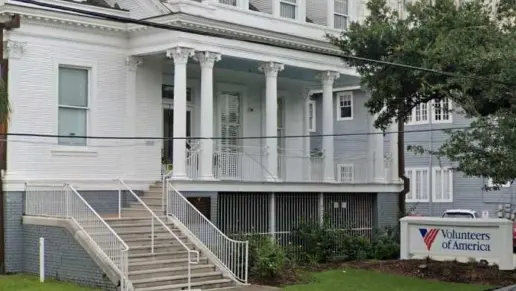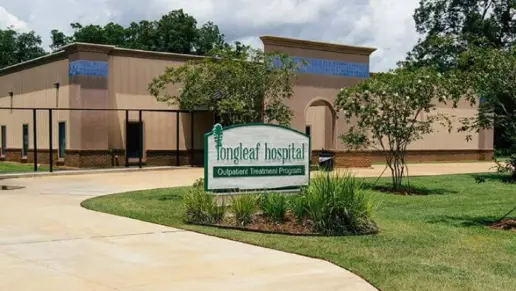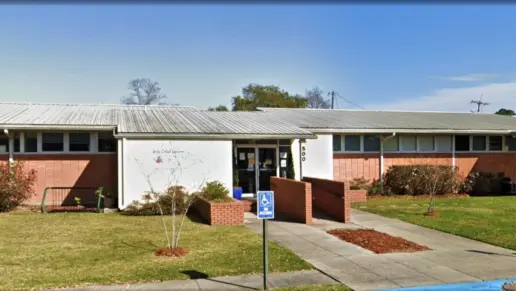It has changed my life ! I now have hope for a better tomorrow. Also to be a better me! The staff became my family! My father died while I was in treatment, and I was able to start the grieving process with my counselor. They worked with my family to get me to the memorial a ...
About Serenity Treatment Center – Baton Rouge
Serenity Treatment Center – Baton Rouge is a residential drug and alcohol rehab center that offers inpatient and intensive outpatient treatment for those experiencing addiction. You can find them in Baton Rouge, Louisiana.
Their inpatient option lasts for 30 days and offers the highest level of support and care. They recommend this as the first step in your recovery journey. Once you’ve completed this program and are more stable in your sobriety then you have the option to join their intensive outpatient program (IOP).
This gives you the freedom and flexibility of your regular life, with the high level of support from your therapist, counselors and peers. You can also join the IOP if you want to begin your sobriety journey but are unable to commit to the 30 days required for residential treatment.
Their residential program aims to heal your mind, body and soul. It includes individual and family therapy, medication-assisted treatment (MAT), group discussions and therapy sessions, the 12-step program and nutrition therapy.
Here, they don’t believe that a single program can work for everyone, so they go out of their way to tailor your treatment plan to meet your unique needs. They view addiction as an incredibly complex disorder and they approach healing from multiple angles to give you the best chance of remaining sober once you’ve completed the program.
That being said, most treatment plans are based on evidence-based therapies and the 12-step program. Serenity Treatment Center focuses on these two aspects because they cover the mental and spiritual side of healing. If you’d prefer to go through the program without engaging in the spiritual side of things then they’re happy to accommodate you and will adjust your program without question.
Latest Reviews
Rehab Score
Gallery
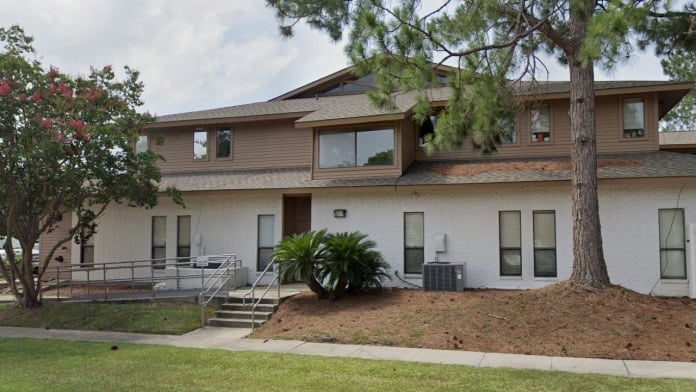
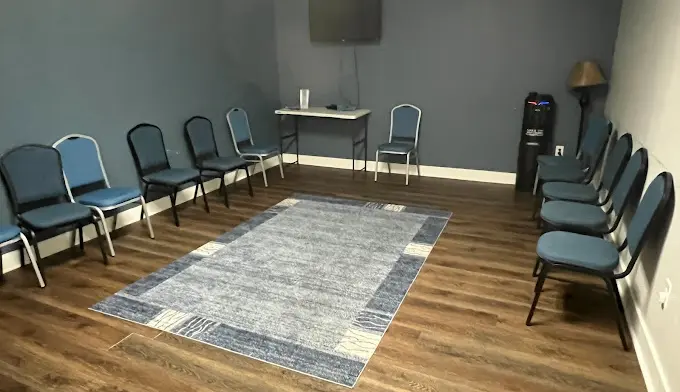
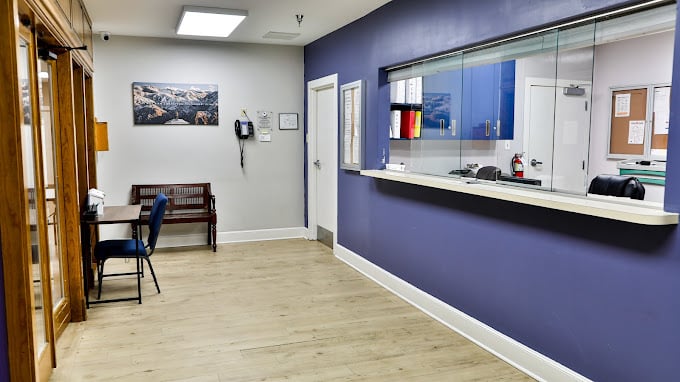
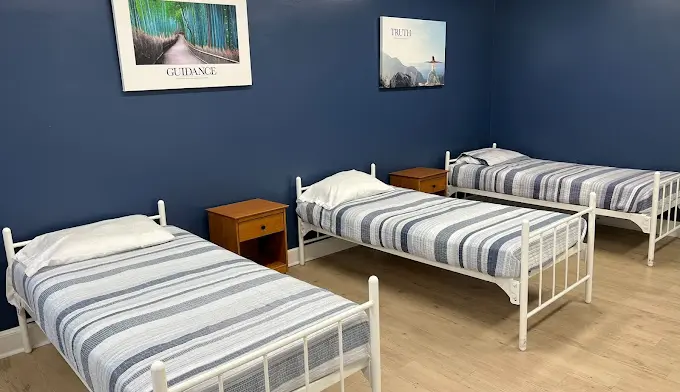
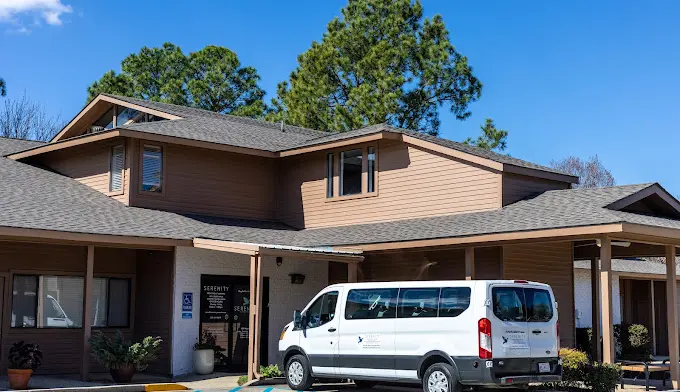
Location
Other Forms of Payment
Private insurance refers to any kind of healthcare coverage that isn't from the state or federal government. This includes individual and family plans offered by an employer or purchased from the Insurance Marketplace. Every plan will have different requirements and out of pocket costs so be sure to get the full details before you start treatment.
Self-pay involves paying for treatment out of your own pocket. You can use savings or credit, get a personal loan, or receive help from family and friends to fund your treatment. If you don't have insurance or your insurance plan doesn't cover a specific program, self-pay can help ensure you still get the care you need.
Financial aid can take many forms. Centers may have grants or scholarships available to clients who meet eligibility requirements. Programs that receive SAMHSA grants may have financial aid available for those who need treatment as well. Grants and scholarships can help you pai for treatment without having to repay.
Medicaid is a state based program that helps lower-income individuals and families pay for healthcare. Medicaid covers addiction treatment so those enrolled can use their coverage to pay for rehab. When a program accepts Medicaid the client often pays very little or nothing out of their own pocket.
Addiction Treatments
Levels of Care
Treatments
The goal of treatment for alcoholism is abstinence. Those with poor social support, poor motivation, or psychiatric disorders tend to relapse within a few years of treatment. For these people, success is measured by longer periods of abstinence, reduced use of alcohol, better health, and improved social functioning. Recovery and Maintenance are usually based on 12 step programs and AA meetings.
While each drug rehab in Louisiana offers unique elements, recovery support often follows a similar pattern. Detox is followed by inpatient and/or outpatient care, then aftercare support is provided once the participant completes the initial program.
Substance rehabs focus on helping individuals recover from substance abuse, including alcohol and drug addiction (both illegal and prescription drugs). They often include the opportunity to engage in both individual as well as group therapy.
Programs


Clinical Services
Research clearly demonstrates that recovery is far more successful and sustainable when loved ones like family members participate in rehab and substance abuse treatment. Genetic factors may be at play when it comes to drug and alcohol addiction, as well as mental health issues. They believe that family relationships play a vital role in the recovery process. Continuous Family Counseling is committed to enhancing and strengthening family relationships for the addicted individual as well as for the family members.
Group therapy is any therapeutic work that happens in a group (not one-on-one). There are a number of different group therapy modalities, including support groups, experiential therapy, psycho-education, and more. Group therapy involves treatment as well as processing interaction between group members.
In individual therapy, a patient meets one-on-one with a trained psychologist or counselor. Therapy is a pivotal part of effective substance abuse treatment, as it often covers root causes of addiction, including challenges faced by the patient in their social, family, and work/school life.
Nutrition therapy, aka medical nutrition therapy (MNT), is a way of treating physical, emotional, and medical conditions through diet. Specific dietary plans are designed by professional nutritionists or registered dietitians, and patients follow them in order to positively affect their physical and mental health.
Amenities
-
Residential Setting
-
Private Rooms
Staff & Accreditations
Staff
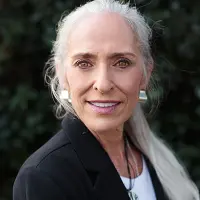
Administrator
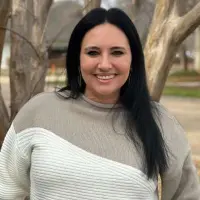
Clinical Director

Assistant Clinical Director & Family Therapist

Counselor
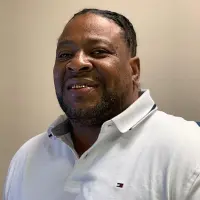
Program Director & Educator
Accreditations

The Commission on Accreditation of Rehabilitation Facilities (CARF) is a non-profit organization that specifically accredits rehab organizations. Founded in 1966, CARF's, mission is to help service providers like rehab facilities maintain high standards of care.
CARF Accreditation: Yes
Contact Information
2325 Weymouth Drive
Baton Rouge, LA 70809
